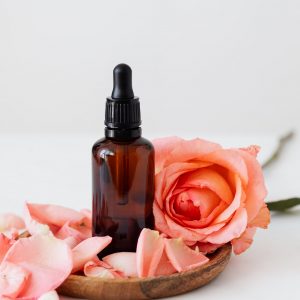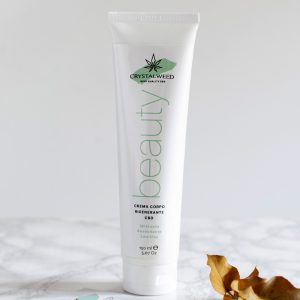A Whole New Look
Beauty Pronounced
Lorem ipsum dolor sit amet, consectetur adipiscing elit. Ut elit tellus, luctus nec ullamcorper mattis, pulvinar dapibus leo adipiscing elit. Ut elit tellus, luctus nec ullamcorper mattis.
A Brush of Perfection
Add a Flavor to Being a Girl
Lorem ipsum dolor sit amet, consectetur.
Be Bold, Be Daring
A Whole New Look
Lorem ipsum dolor sit amet, consectetur adipiscing elit. Ut elit tellus, luctus nec ullamcorper mattis, pulvinar dapibus leo.
Season Sale
Lorem ipsum dolor sit amet, consectetur adipiscing elit. Ut elit tellus, luctus nec ullamcorper mattis.
Free Shipping
Lorem ipsum dolor sit amet, consectetur adipiscing elit. Ut elit tellus, luctus nec ullamcorper mattis.
Money Back Guarantee
Lorem ipsum dolor sit amet, consectetur adipiscing elit. Ut elit tellus, luctus nec ullamcorper mattis.
Testimonials
Our Happy Clients
"Lorem ipsum dolor sit amet, consectetur adipiscing elit. Ut elit tellus, luctus nec ullamcorper mattis."

Marilyn Keller
Blossom into a New You!
Latest Products
Lorem ipsum dolor sit amet, consectetur.







